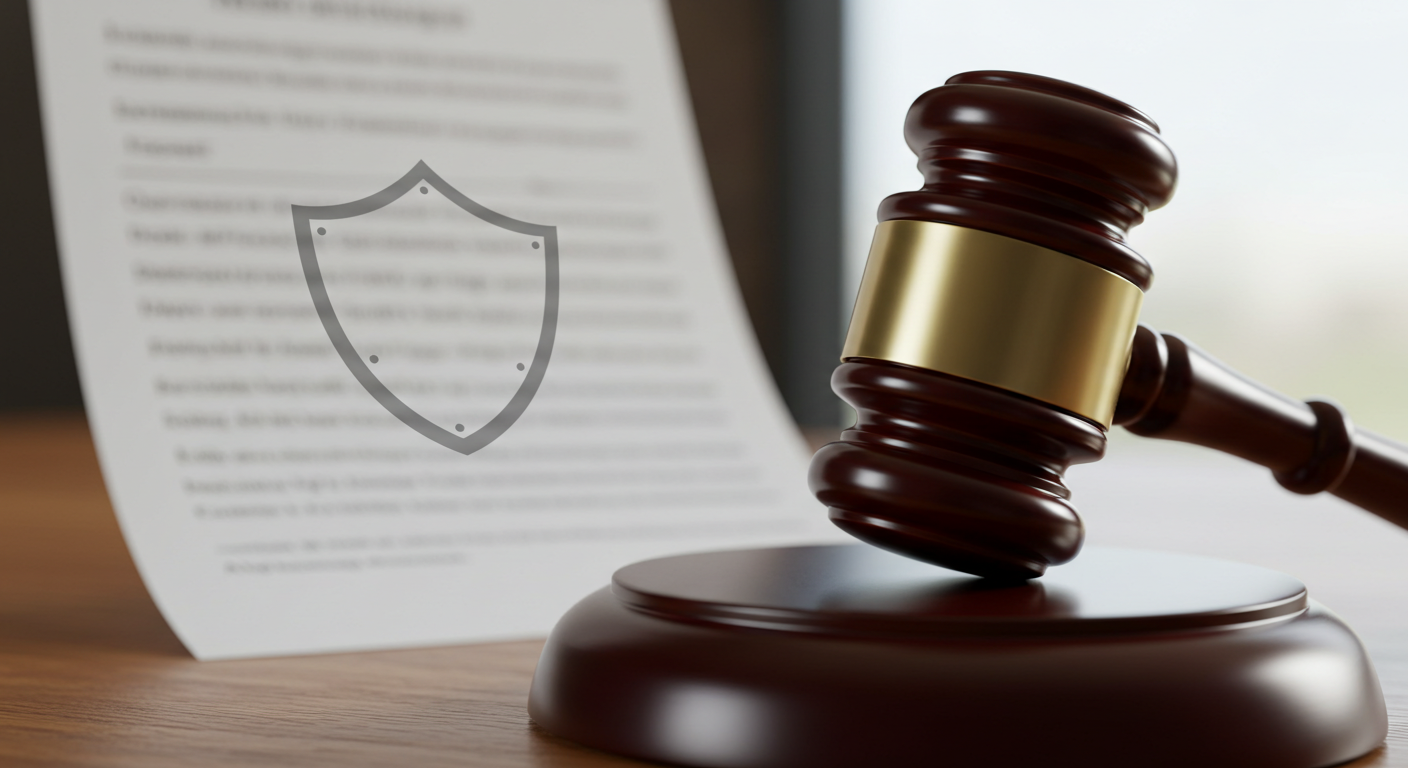Modern Slavery Defence in England: Understanding the Law, Consequences, and the Imperative of Seeking Legal Advice

Modern Slavery Defence in England: Understanding the Law, Consequences, and the Imperative of Seeking Legal Advice
Modern slavery is a grave violation of human rights that persists in many parts of the world, including England. Those who find themselves caught in situations that may be classified as modern slavery often require robust legal defences.
Modern Slavery

Modern slavery defence refers to the legal strategies employed to protect individuals who have been accused of engaging in activities related to modern slavery. It is essential to clarify that the defence primarily focuses on the accused party’s rights and possible justifications, rather than supporting or advocating for the continuation of exploitative practices.
The Law on Modern Slavery
In England, the Modern Slavery Act 2015 is the key legislation addressing modern slavery offences. The Act defines various forms of modern slavery, including forced labour, human trafficking, and slavery itself. Under this law, individuals can be charged with offences related to modern slavery, and they have the right to a fair legal process and a defence.
Consequences of Modern Slavery Offences

Being convicted of modern slavery offences in England can result in severe legal consequences. These may include:
- Imprisonment: Those found guilty of modern slavery offences may face lengthy prison sentences, depending on the gravity of the offence.
- Fines: The court can impose substantial fines on individuals convicted of modern slavery offences, which can have significant financial implications.
- Confiscation Orders: In some cases, the court may issue confiscation orders to recover the proceeds of modern slavery activities.
- Criminal Record: A conviction for a modern slavery offence results in a criminal record, affecting an individual’s future prospects and reputation.
- Restitution: Convicted individuals may be ordered to provide restitution to their victims, which can involve financial compensation or other forms of reparation.
Why You Should Seek Legal Advice
Seeking legal advice when facing modern slavery allegations in England is imperative for several critical reasons:
- Protection of Rights: Legal professionals can ensure that your rights are upheld throughout the legal process, including the right to a fair trial and the right to a defence.
- Understanding the Legal Framework: Modern slavery cases can be complex, and a skilled solicitor can help you navigate the legal framework, understanding the charges against you and the potential implications.
- Building a Robust Defence: An experienced lawyer can assess the specifics of your case, identify potential defences, and develop a strong legal strategy tailored to your circumstances
- Negotiating with Prosecutors: Solicitors are adept at negotiating with prosecutors to seek alternative charges, potentially leading to a more favourable outcome.
- Minimising Consequences: Legal advice is essential for mitigating the legal and personal consequences of modern slavery convictions, safeguarding your future prospects to the best extent possible.
Conclusion: Navigating Modern Slavery Defence in England

Modern slavery is a grave human rights violation, and those accused of offences related to it face serious legal consequences in England. It is crucial to recognise that modern slavery defence is focused on protecting the rights of the accused and not endorsing exploitative practices.
Seeking legal advice when facing modern slavery allegations is not only a matter of legal necessity but also a fundamental step in ensuring that the accused party’s rights are upheld and that they receive a fair trial.
Legal professionals can guide individuals through the complexities of the legal process, explore potential defences, and work tirelessly to secure the best possible outcome for their clients.
Remember, the legal system is in place to deliver justice, and a skilled solicitor can help ensure that justice is served.
Notice: Informational Content Disclaimer
The content provided on this website, including articles, blog posts, and other informational materials, is intended for general informational purposes only. It is not intended as, and should not be considered, legal advice.
Visitors to this website should be aware that the information presented here is not a substitute for seeking legal advice from a qualified solicitor or legal professional. Each individual's legal situation is unique, and the information provided may not be applicable to specific circumstances.
If you require legal advice or have specific legal questions, we encourage you to contact us directly. Our experienced team of solicitors is here to assist you with your legal needs and provide tailored advice to address your concerns.
Please be advised that any communication through this website, including the use of contact forms or email, does not create a solicitor-client relationship. Confidential or time-sensitive information should not be sent through this website. To establish a solicitor-client relationship and discuss your legal matters in detail, please contact us for a consultation.
We strive to provide accurate and up-to-date information, but we make no representations or warranties regarding the accuracy, completeness, or suitability of the information contained on this website. We shall not be liable for any reliance placed on the information provided herein.
Thank you for visiting our website. We look forward to the opportunity to assist you with your legal needs.




